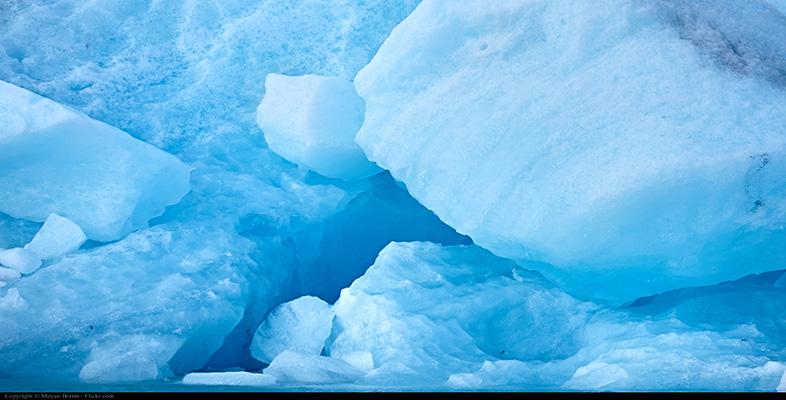1 Globalisation and environmental change
1.1 What is 'globalisation'?
Activity 1 What does ‘globalisation’ mean to you?
Note down on paper or in your learning journal [Tip: hold Ctrl and click a link to open it in a new tab. (Hide tip)] your first thoughts about what the term ‘globalisation’ means to you. The term ‘globalisation’ can have ecological (movements of species), political (e.g. international politics of climate change) and social or cultural (new kinds of networks of debate and action) meanings.
Discussion
Comment
This is how one of the authors responded to this question.
When I see the word ‘globalisation’, I'm reminded of my first fairly long-distance trip from the UK. Trabzon in Eastern Turkey was a highly exotic place to me; a cultural and economic crossroads between East and West for thousands of years, it had Roman ruins, mosques in former Byzantine churches, and a vast portrait of Kemal Ataturk, the 20th-century founder of modern secular Turkey, marked out in light bulbs on the hillside above the city. Perhaps I shouldn't have been surprised to see shops and advertising smothered with consumer brands that any British corner shop would stock, or to pass offices of familiar companies. Economic globalisation was very tangible and evidently far-reaching.
But there were other dimensions to the globalisation I felt I was witnessing, including political and cultural ones. There were small demonstrations by Islamic groups protesting at events in another part of the world that had taken place only a couple of hours before; they only knew about it because of the satellite TVs in many of the cafés. The same TVs bring English Premier League football and American soaps. Taken together, these forces both unite and divide people in my home town in the English Midlands and the people of Trabzon. They make the world in some senses smaller and more similar, but in others less predictable – more unruly.
Although they also bring more wealth to some people in Eastern Turkey, you didn't have to look far to see evidence of a widening gulf of inequality in the city. There is an important but less easily perceptible ecological aspect to the globalisations described. As I flew into Trabzon, I sat next to a marine biologist who was travelling the Black Sea region, exploring what appeared to be the devastating impact on the fisheries, and hence local economies, of an ‘alien’ North American species of jellyfish that had been released into the Black Sea via the bilge tanks of freight shipping that had come from the Great Lakes.
